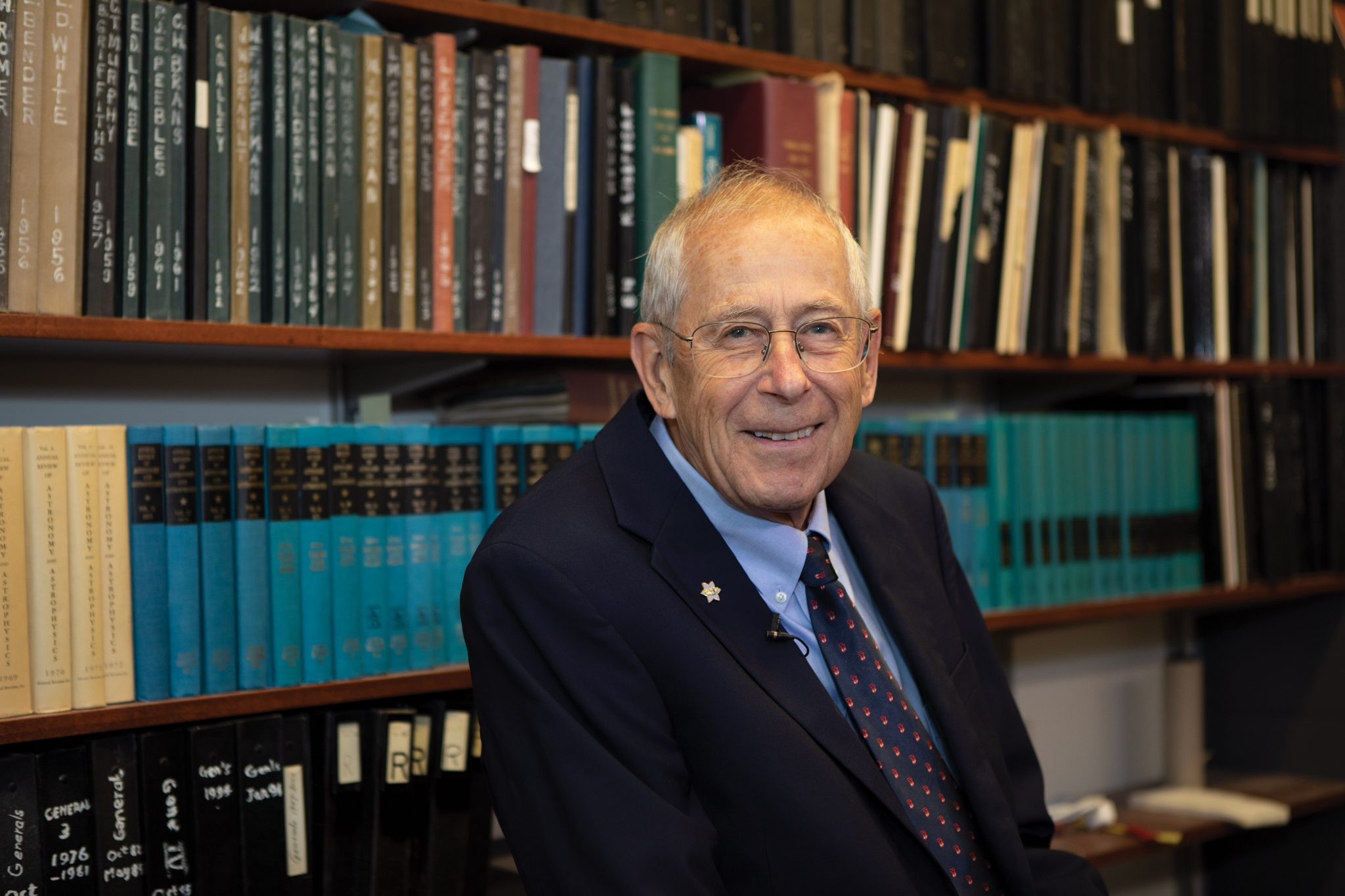James Peebels, a Princeton University professor emeritus and 1962 graduate alumnus, was awarded the 2019 Nobel Prize in Physics for his work regarding theoretical discoveries in physical cosmology.
“This year’s prize goes to contributions to our understanding of the evolution of our universe and Earth’s place in the cosmos,” Secretary General of the Royal Swedish Academy of Sciences Göran K. Hansson stated on the morning of Oct. 8.
Peebles, the Albert Einstein professor of science, emeritus, and professor of physics, emeritus, shares the Nobel Prize in Physics with Michel Mayor from the University of Geneva, as well as, Didier Queloz from the University of Geneva, Switzerland, and the University of Cambridge.
“James Peebles took on the cosmos, with its billions of galaxies and galaxy clusters. His theoretical framework, developed over two decades, is the foundation of our modern understanding of the universe’s history, from the Big Bang to the present day,” the academy said.
Peebles will receive half of the the prize winnings, which amount to 9 million Swedish kroner, or about $908,280.
“When I started working in this subject, at the invitation of my mentor, Professor Robert Henry Dicke, I was very uneasy about going into this subject because the experimental observational basis was so modest. … I just kept going,” Peebles said during the Nobel news conference by phone on Oct. 8. “Which particular step did I take? I would be very hard-pressed to say. It’s a life’s work.”
Peebles, who was born in Manitoba, Canada, received his B.S. from University of Manitoba in 1958 and earned his Ph.D. in physics from Princeton in 1962. He taught at Princeton University for his entire career — he was an instructor and researcher in the early 1960s, became an assistant professor in 1965, associate professor in 1968 and full professor in 1972. Peebles was transferred to emeritus status in 2000.
“Jim Peebles is an extraordinary physicist, a man who has thought deeply and clearly about the structure of the universe,” Princeton President Christopher L. Eisgruber said. “He exemplifies both Princeton’s dazzling tradition of fundamental research in cosmology and gravitation, and also this University’s commitment to put its best scholars in the classroom. During my own time as a physics major, he was a popular teacher and a fixture in the undergraduate program, and I am among the many students who benefited from his superb instruction.”

